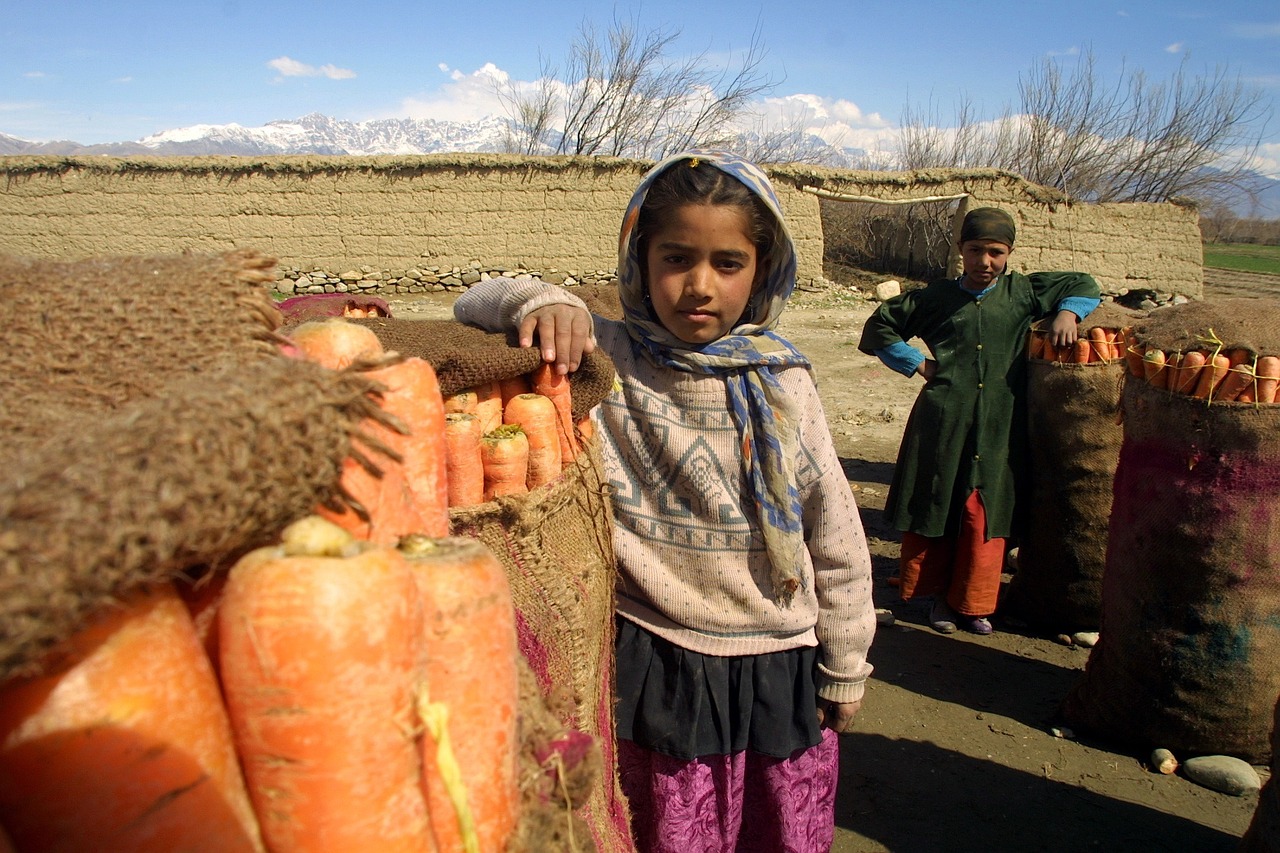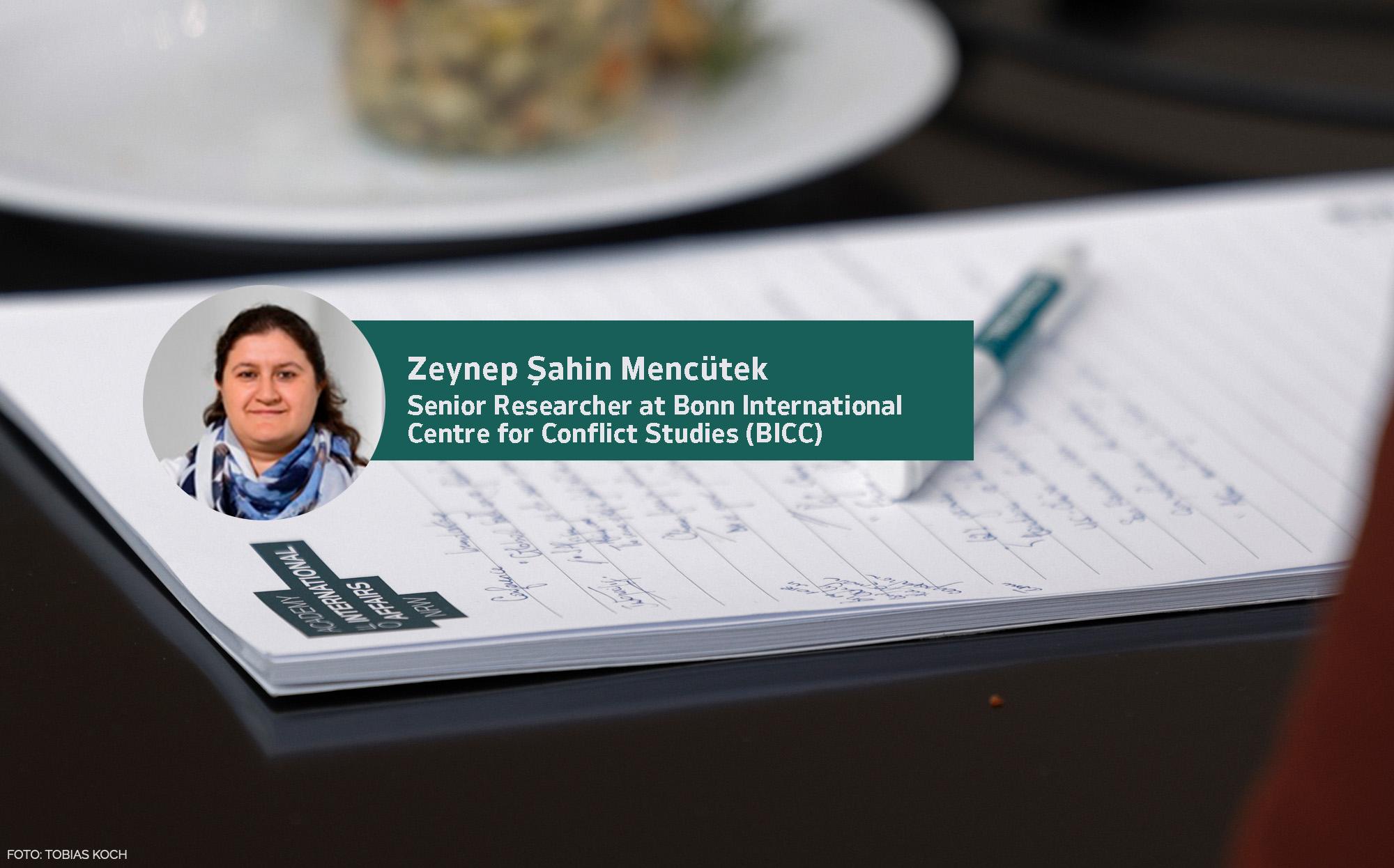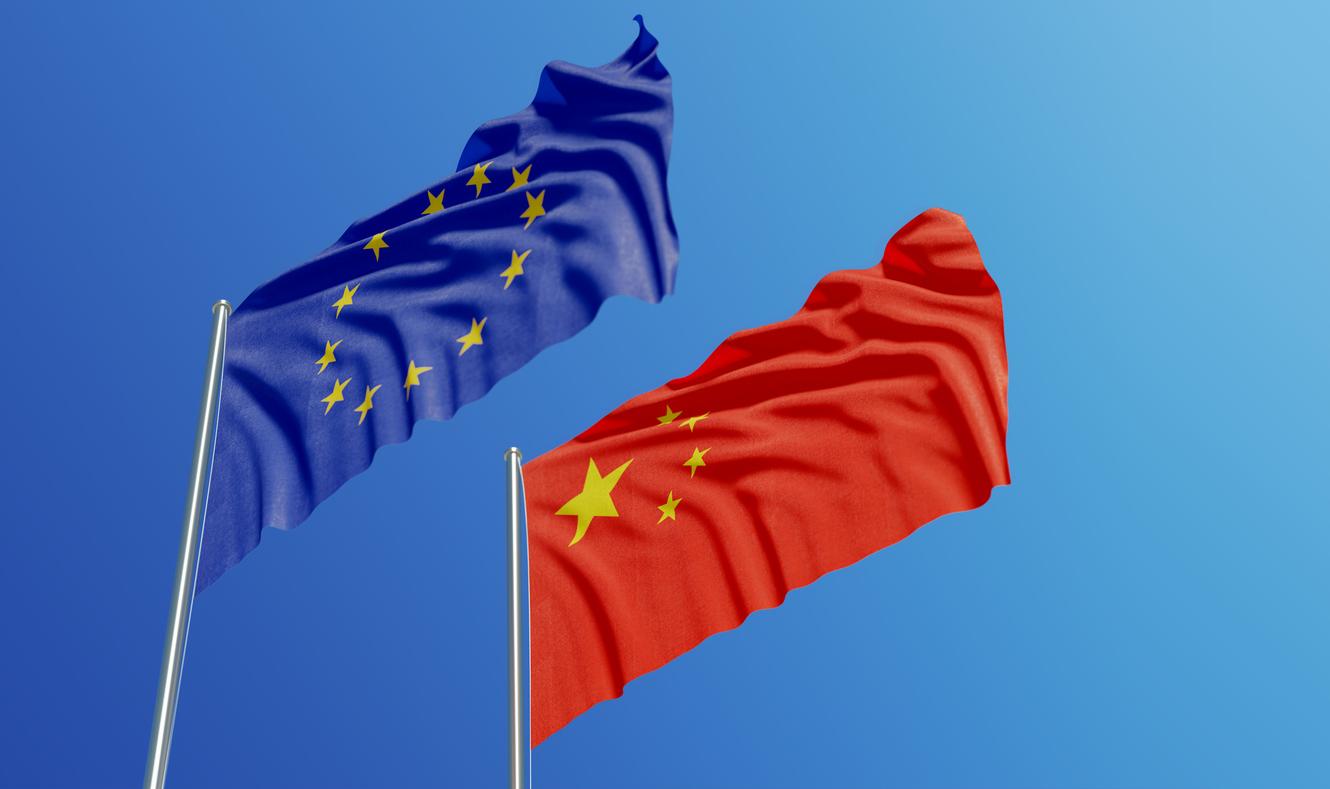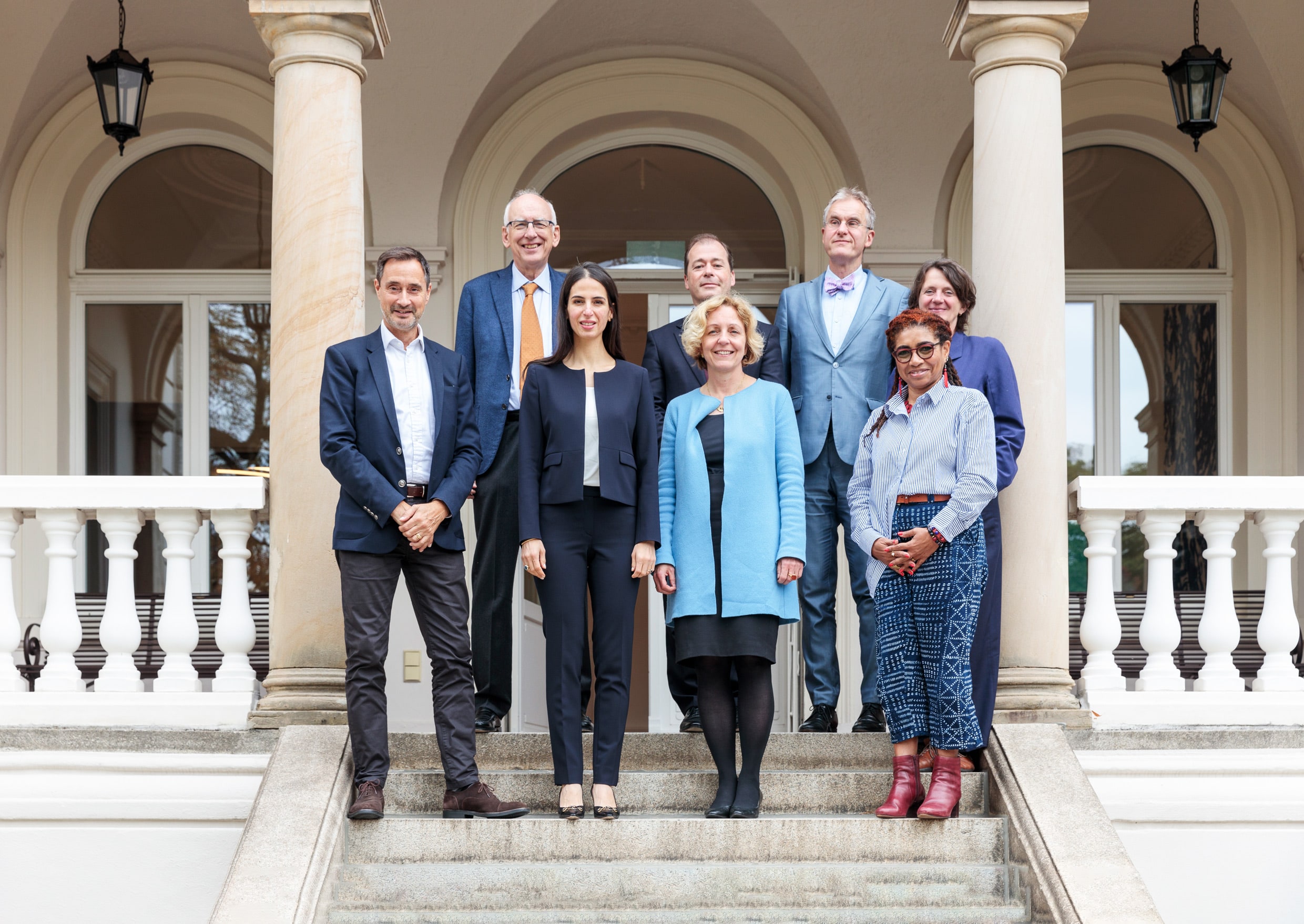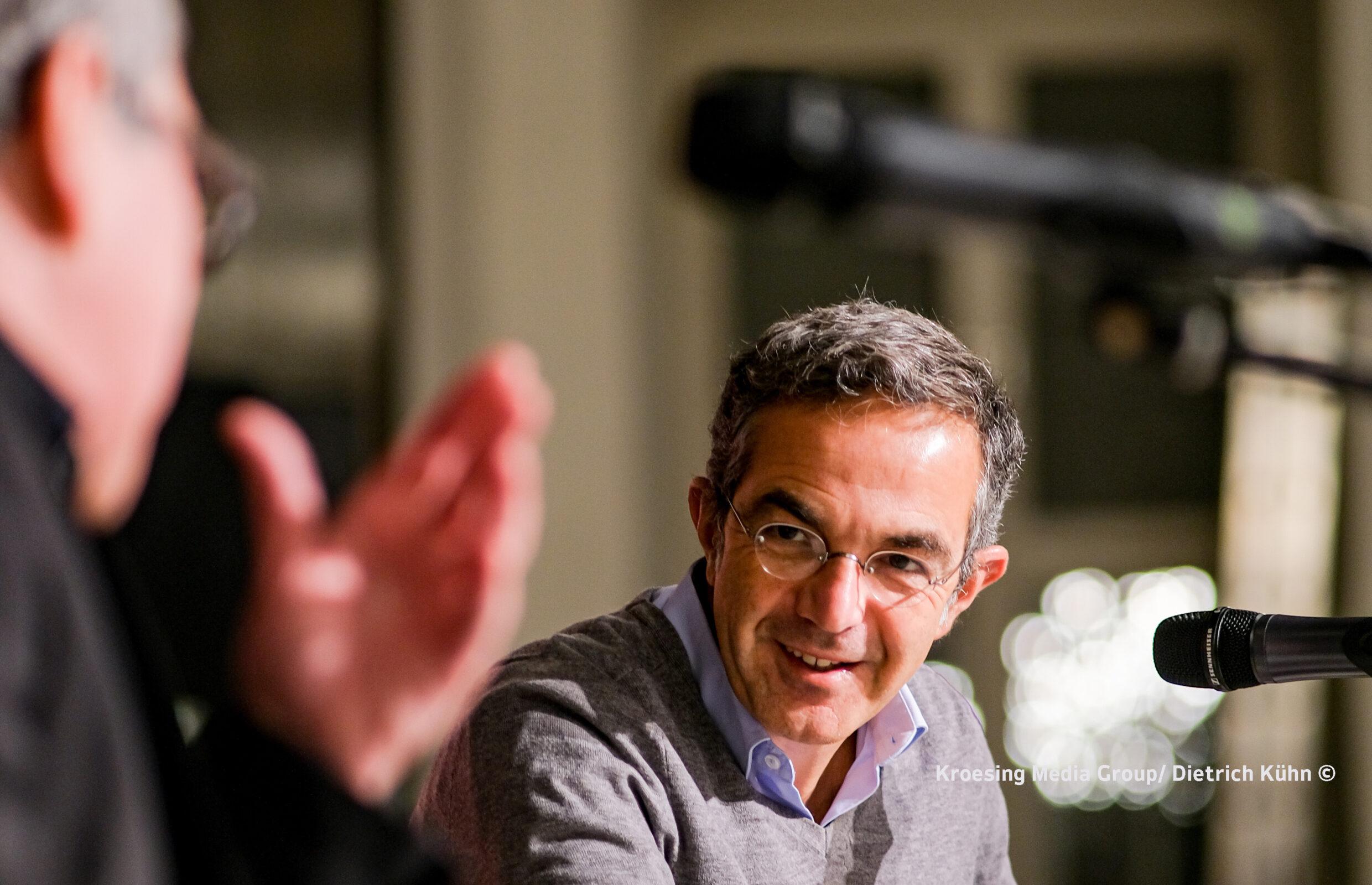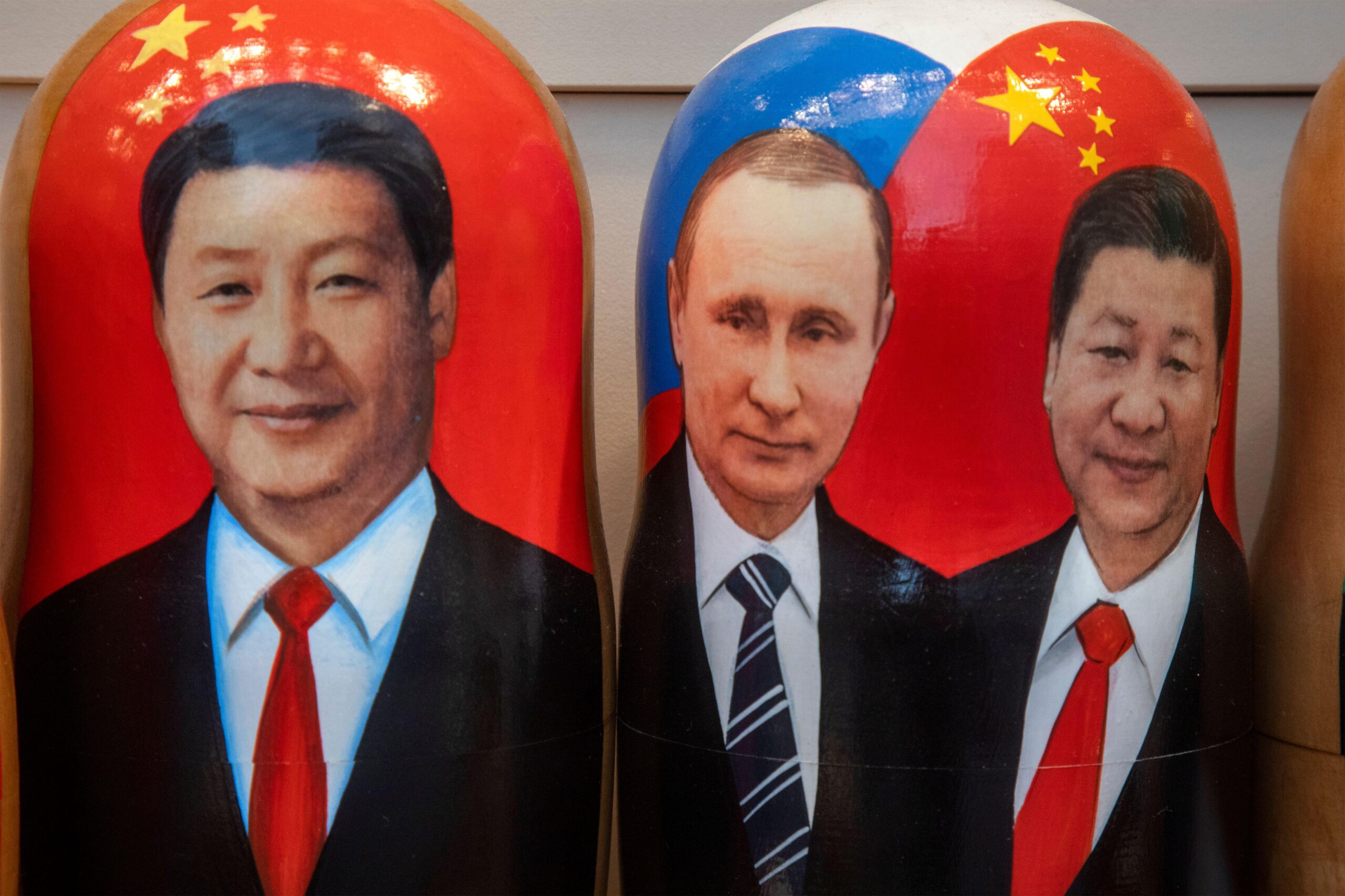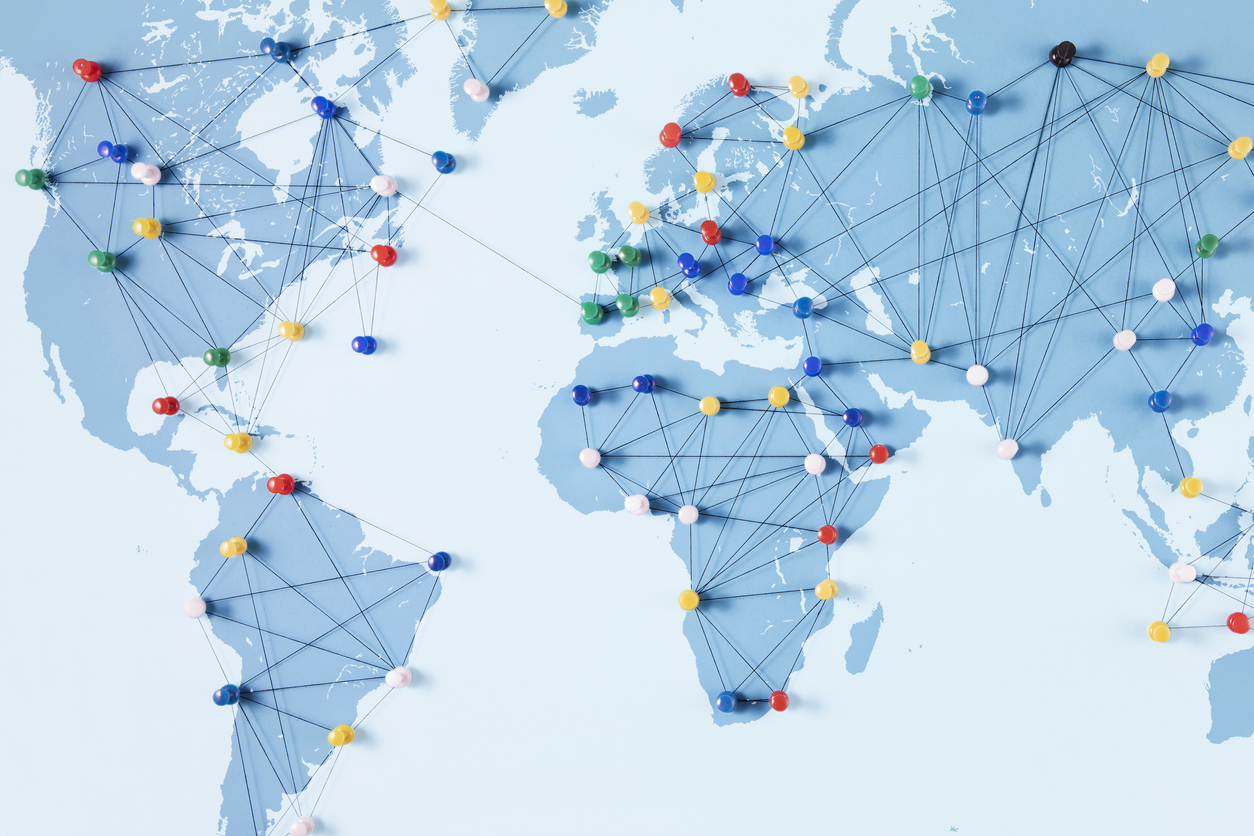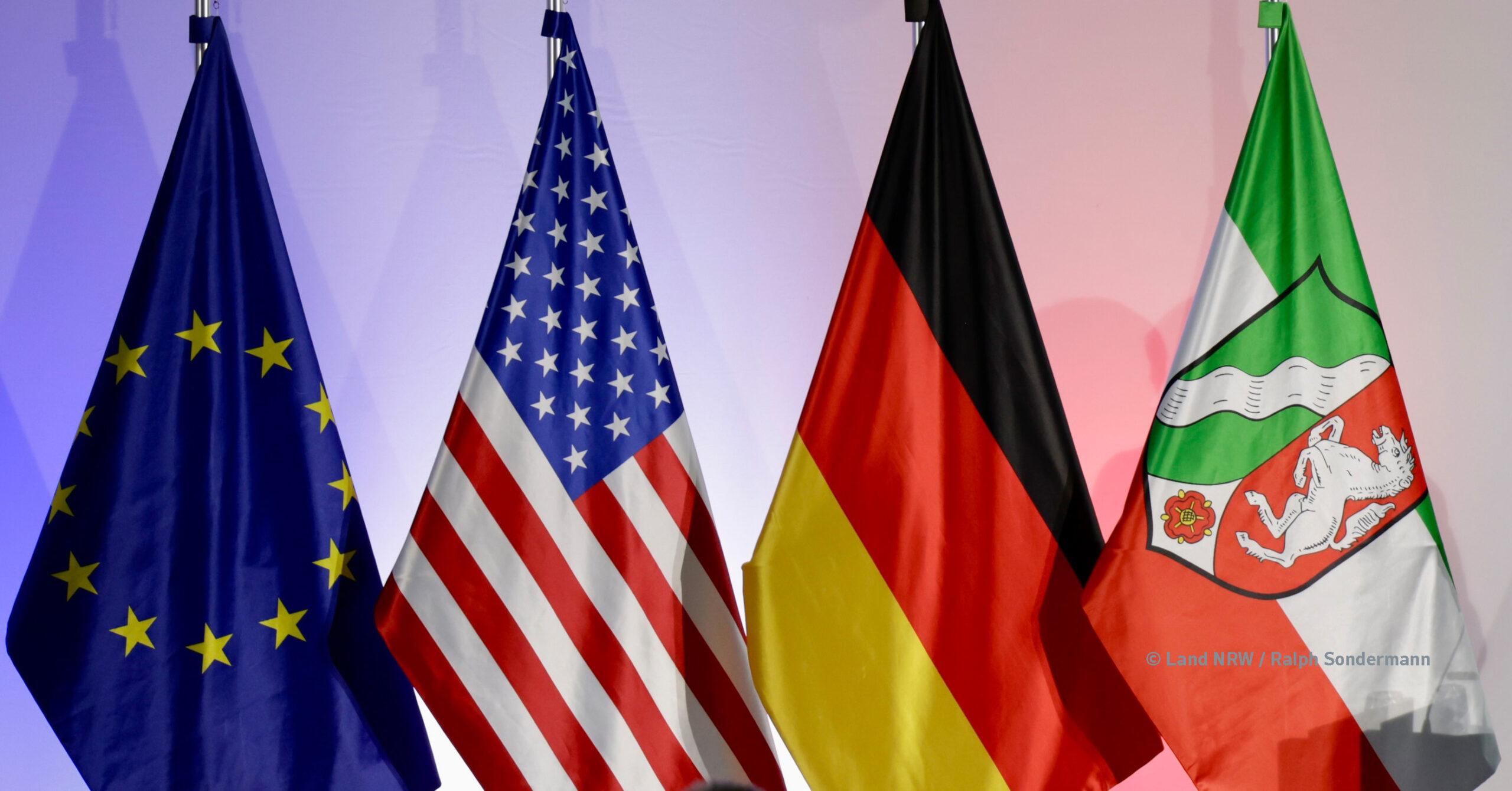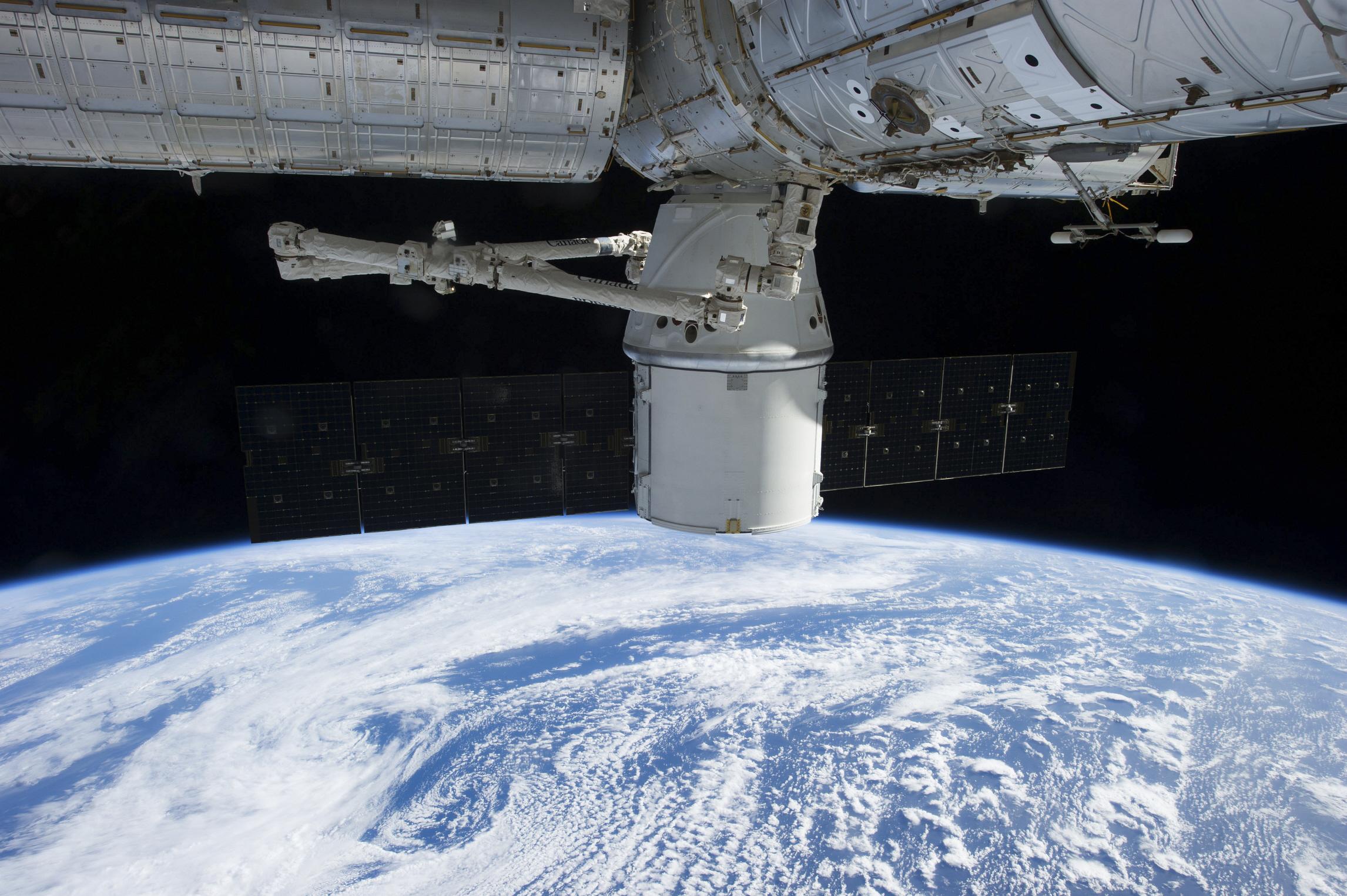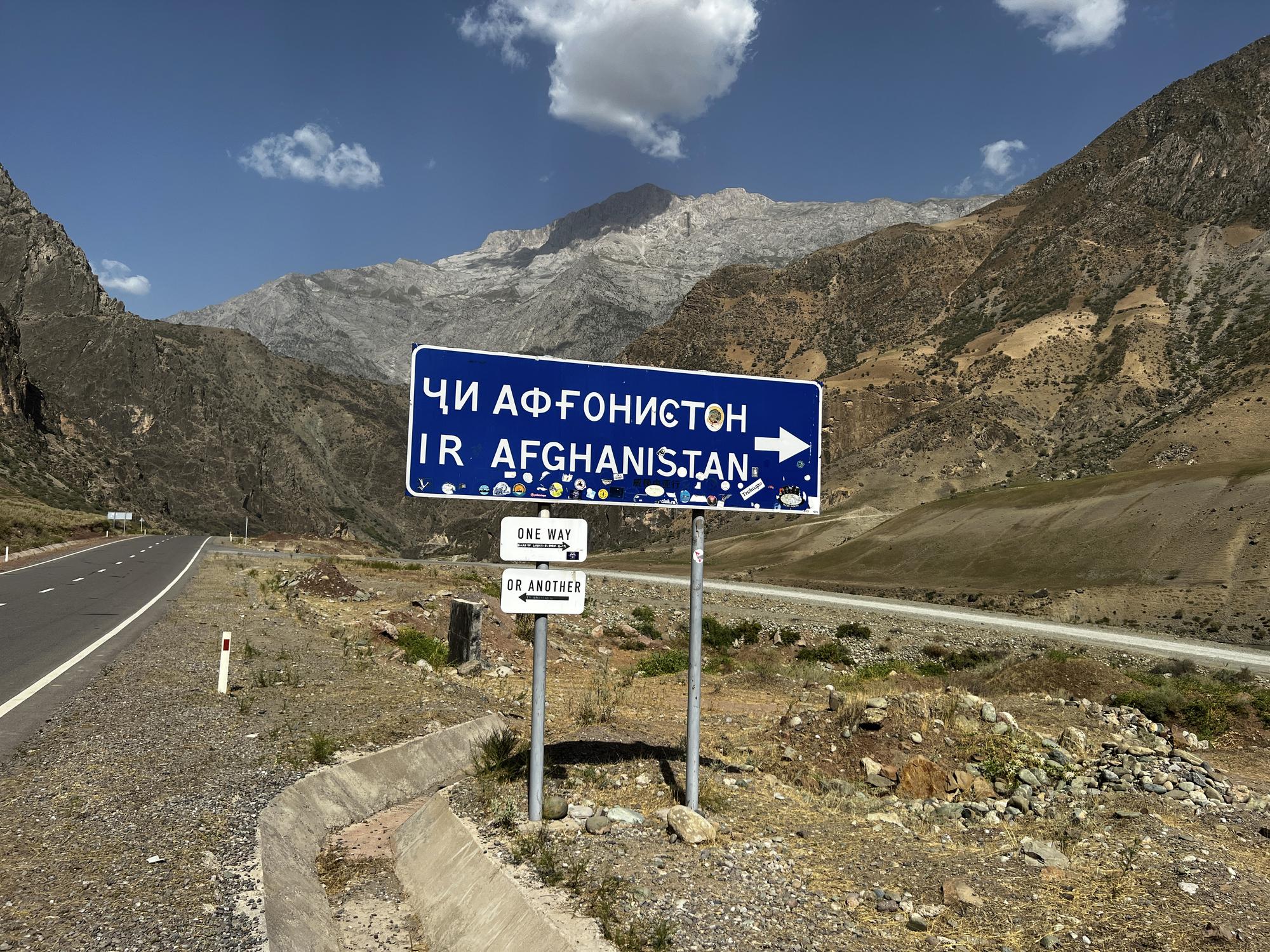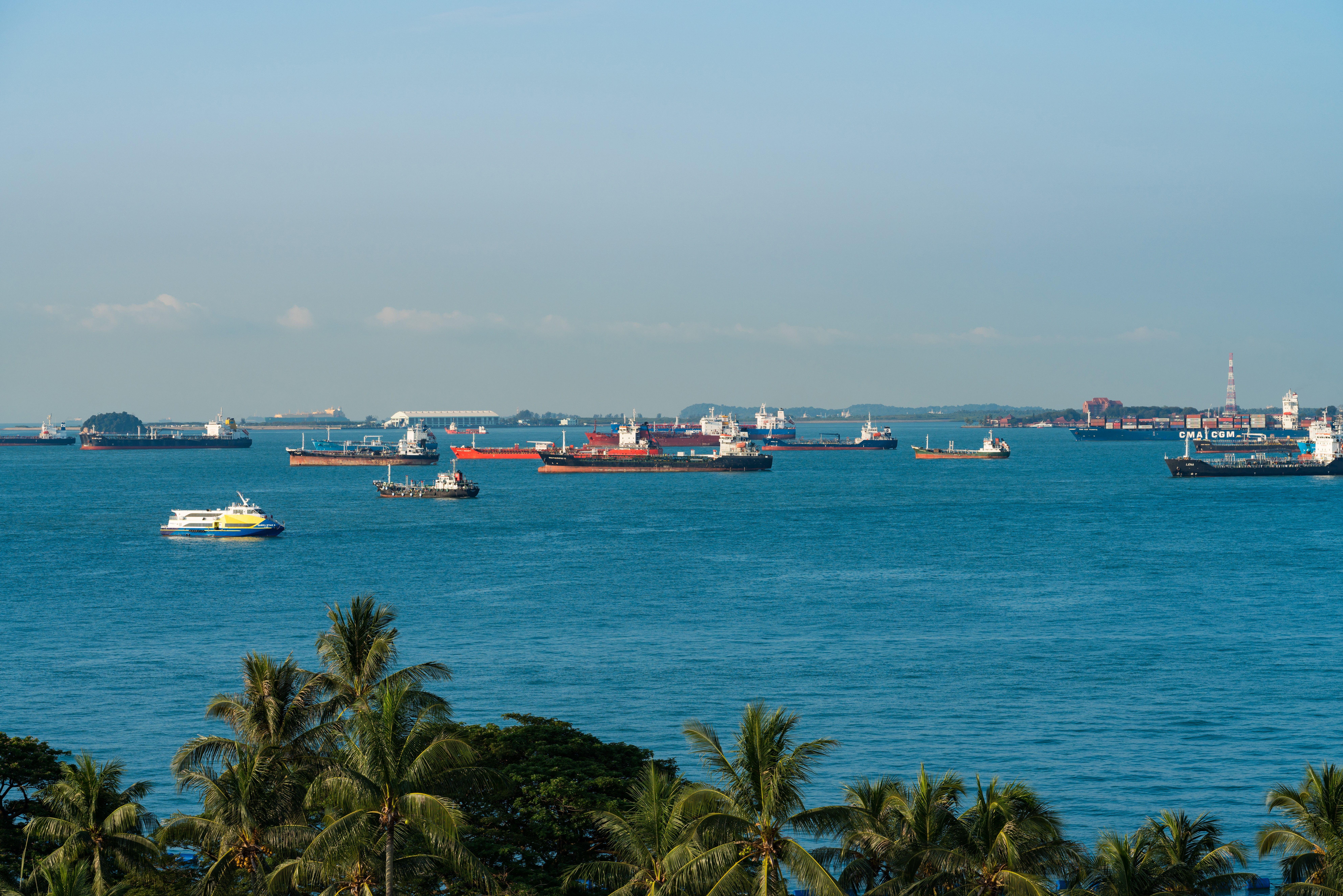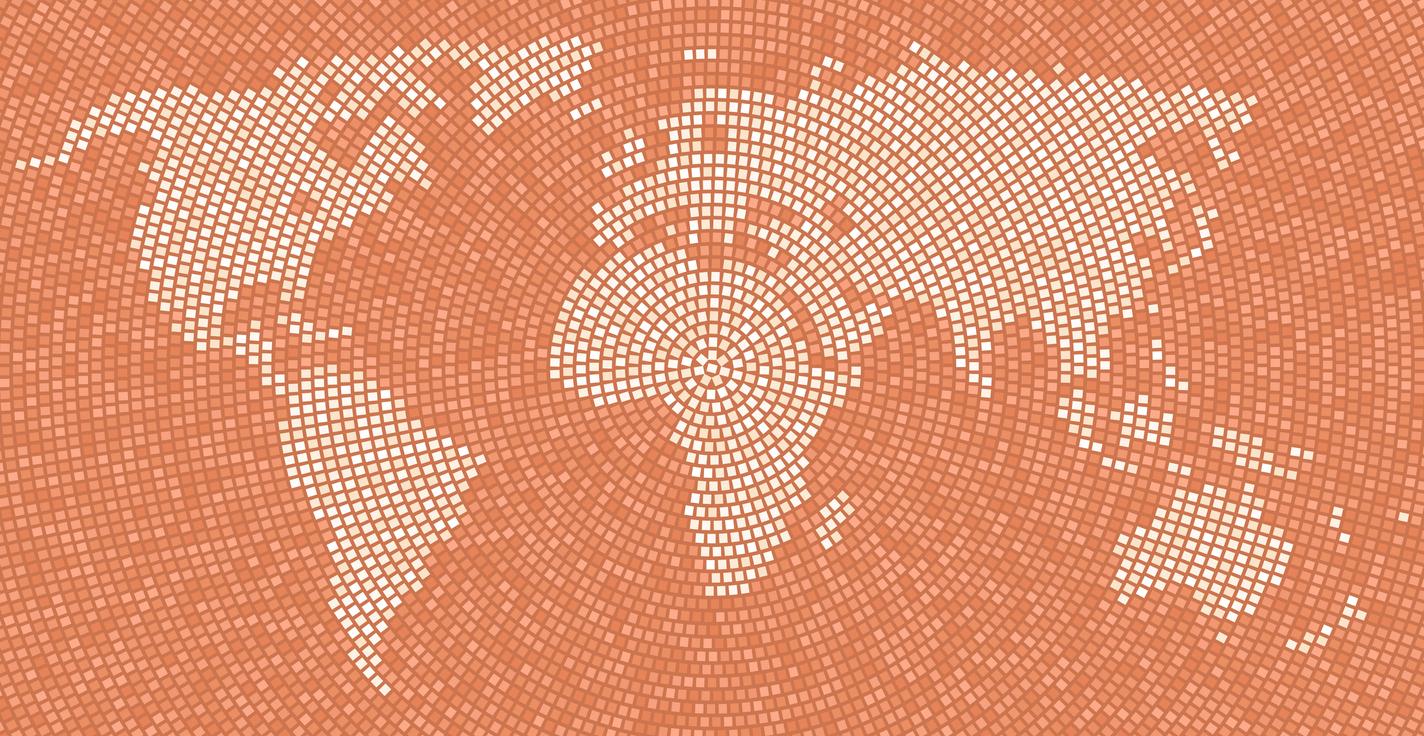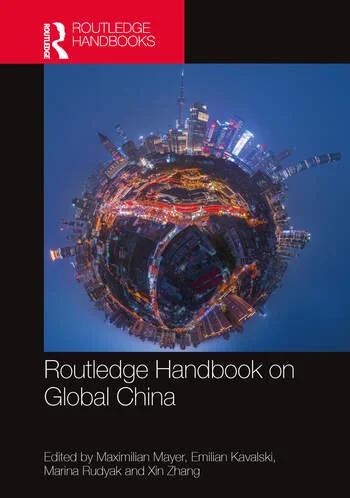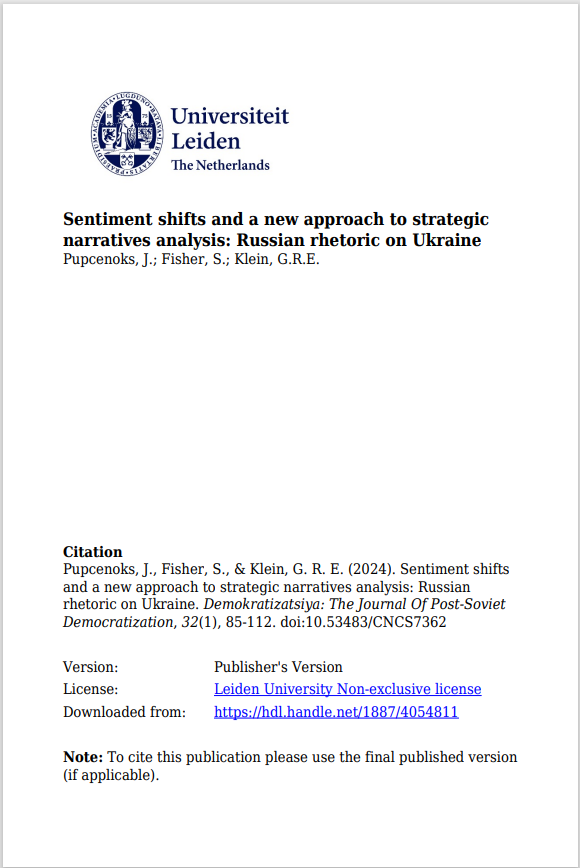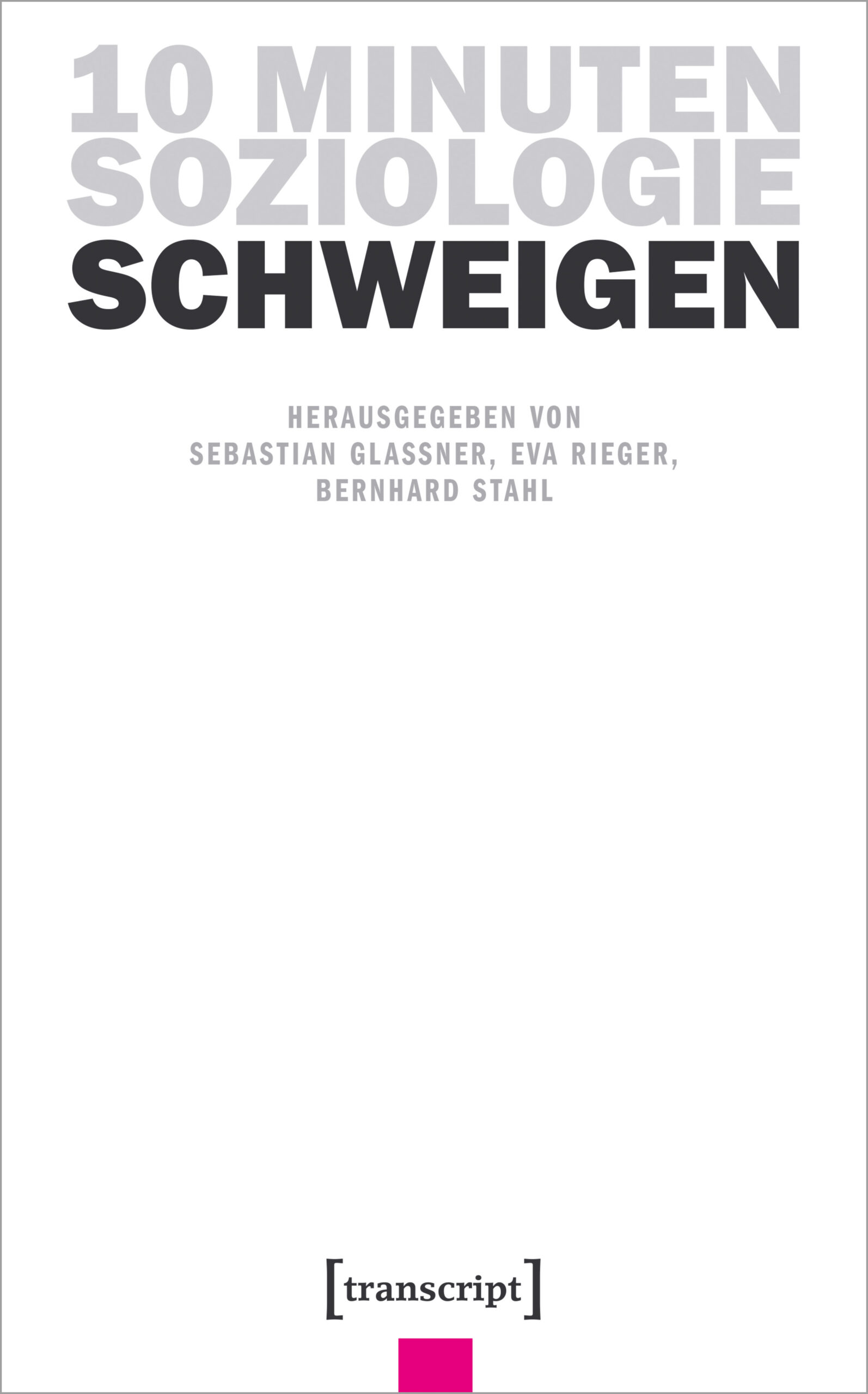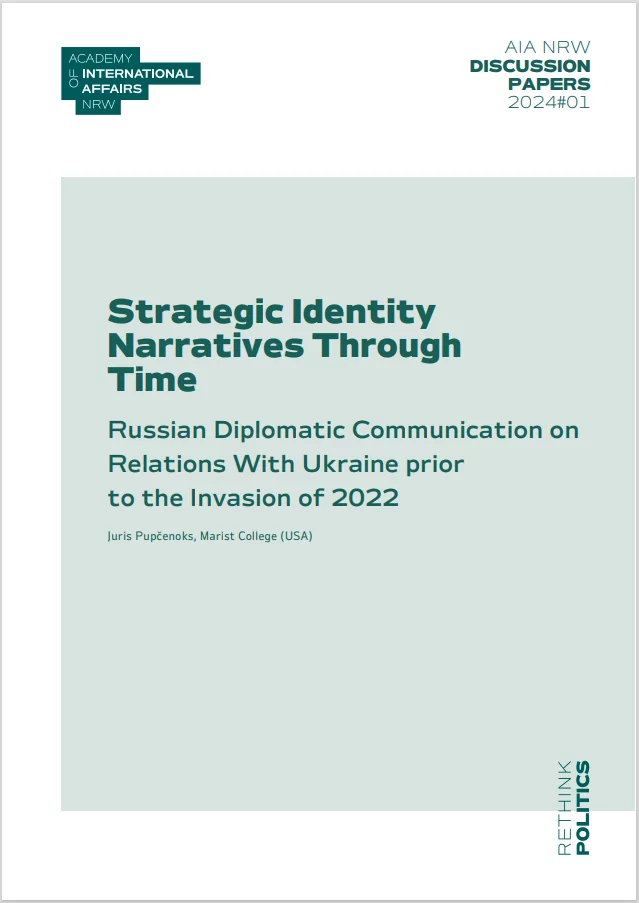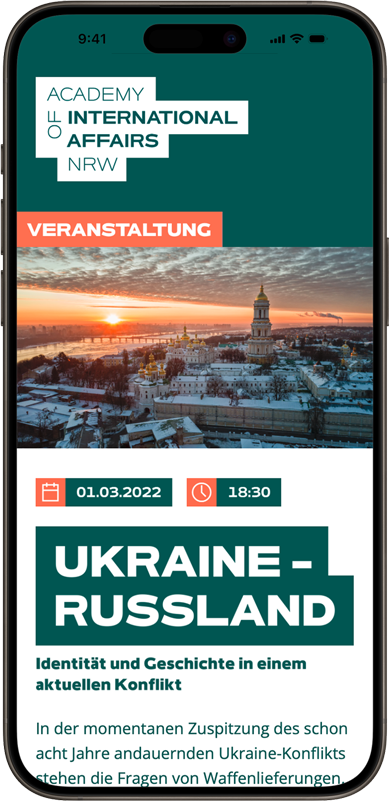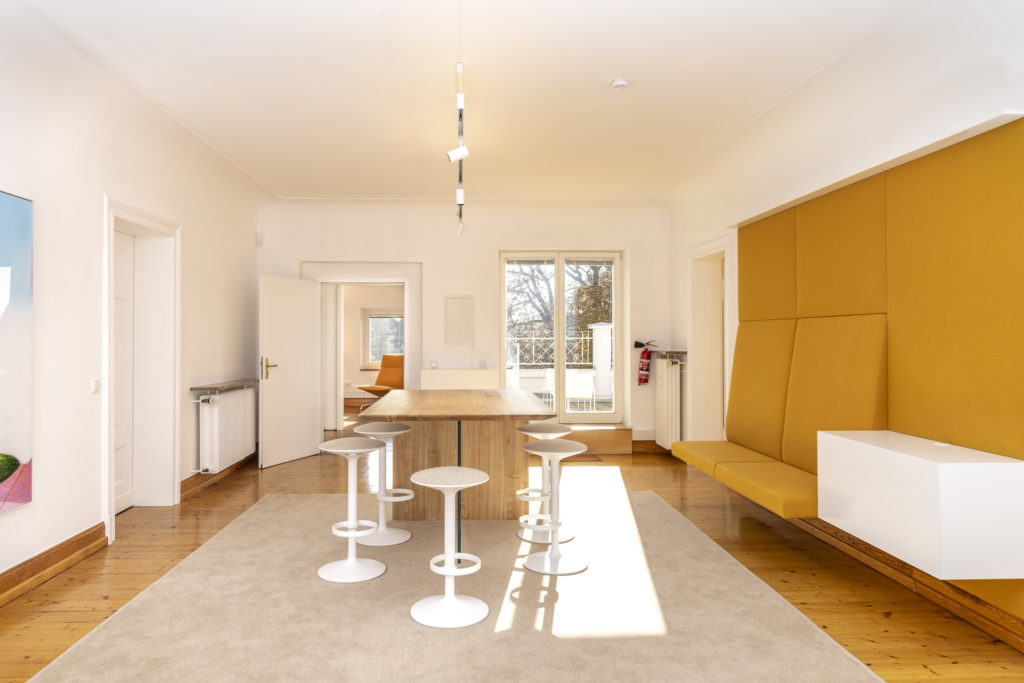Wer wir sind
DWE Die Academy of International Affairs NRW mit Sitz in der Bundesstadt Bonn widmet sich den globalen Herausforderungen und Strukturveränderungen der internationalen Politik im 21. Jahrhundert. Im Zentrum der Akademie steht mit einem Fellowship-Programm die Förderung wissenschaftlicher Exzellenz sowie die internationale und interdisziplinäre Vernetzung.
News
Events
View all eventsPublications
View all publicationsFellows
View all fellows

Chelsea Haramia
Dr. Haramia’s research focuses on global planning for post-detection scenarios, i.e., scenarios that humans may face following a successful detection of extraterrestrial life or technology in outer space. Gauging public attitudes towards candidate global actions is fundamental for ethical questions of global consent. Informed consent, when it is possible to obtain, is arguably critical for morally appropriate representation and risk taking. Thus, consent regarding risk and representation is a crucial area of targeted analysis in current post-detection research. Dr. Haramia’s work underscores the need to navigate speculative discourse and promote ethical inquiry in order to leverage existing resources for effective preparedness.
Central to her research agenda is the exploration of methodologies for assessing public attitudes towards global risks and securing global consent for post-detection proposals. She outlines both theoretical and concrete strategies aimed at advancing research into post-detection. She poses pivotal questions to guide her investigation, delving into the necessity of current and future tools, policies, and interdisciplinary research frameworks for navigating potential contact with extraterrestrial entities. Additionally, she explores the potential of foresight studies training and AI-driven programs in bolstering global preparedness and representation, addressing concerns of overrepresentation, misrepresentation, inclusion, and others in planetary future planning endeavors.
Dr. Haramia’s work stems from a comprehensive overview of the historical context of post-detection research, tracing its origins from the early days of SETI science to the formulation of contemporary post-detection protocols.
Moreover, she underscores the crucially interdisciplinary nature of research in this field and emphasizes the value of collaborative initiatives. Her overarching goal is to develop defensible thresholds for informed consent and to explore avenues for globally-focused programs that will help to prepare humanity for a post-detection future.
Impulse
The Academy’s new video format
-

Sub-national Diplomacy: Best Practices
Our Associate Fellow Vivek Anand shares his best practices in sub-national diplomacy.
-

Outer Space Governance: Space Security, Regulation and Sustainability
Outer space technologies, including rockets, satellites, and their supporting infrastructure, are vital to modern societies. They…
-
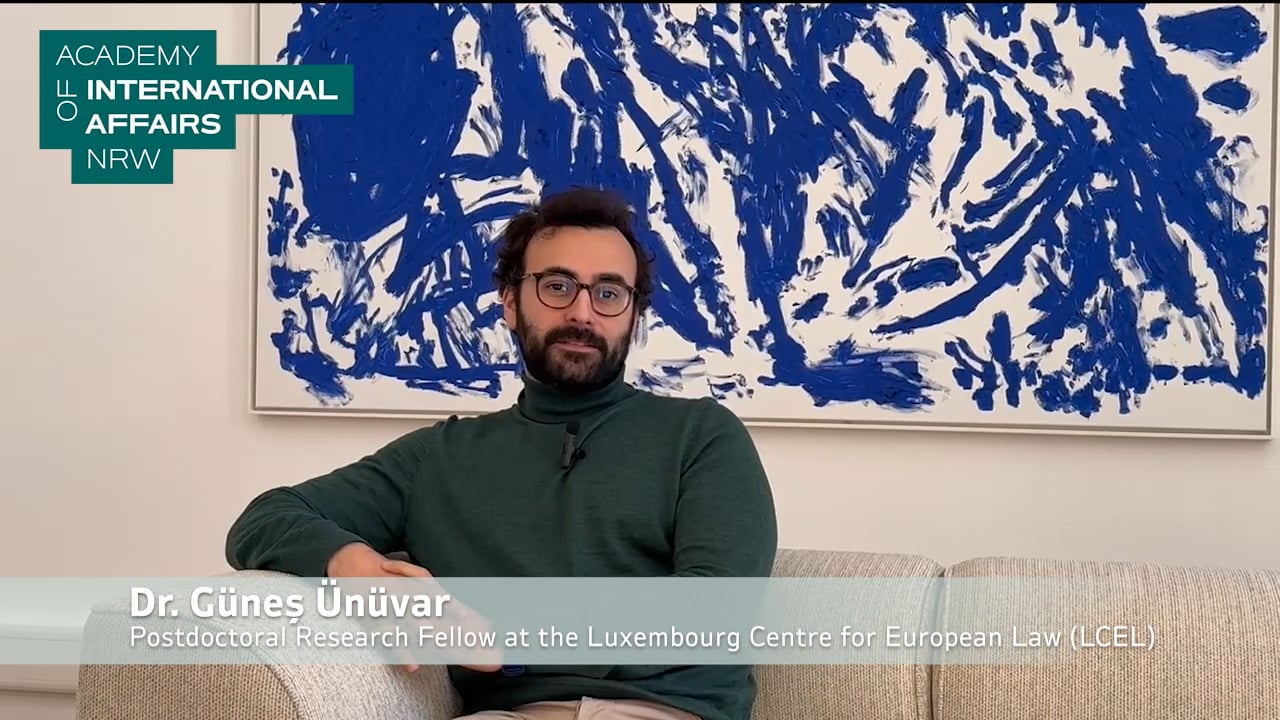
Exploring the Final Frontier: Space as an Environment and the Challenges Ahead
The vastness of space has always been a source of fascination, but as humanity’s reach expands…
-
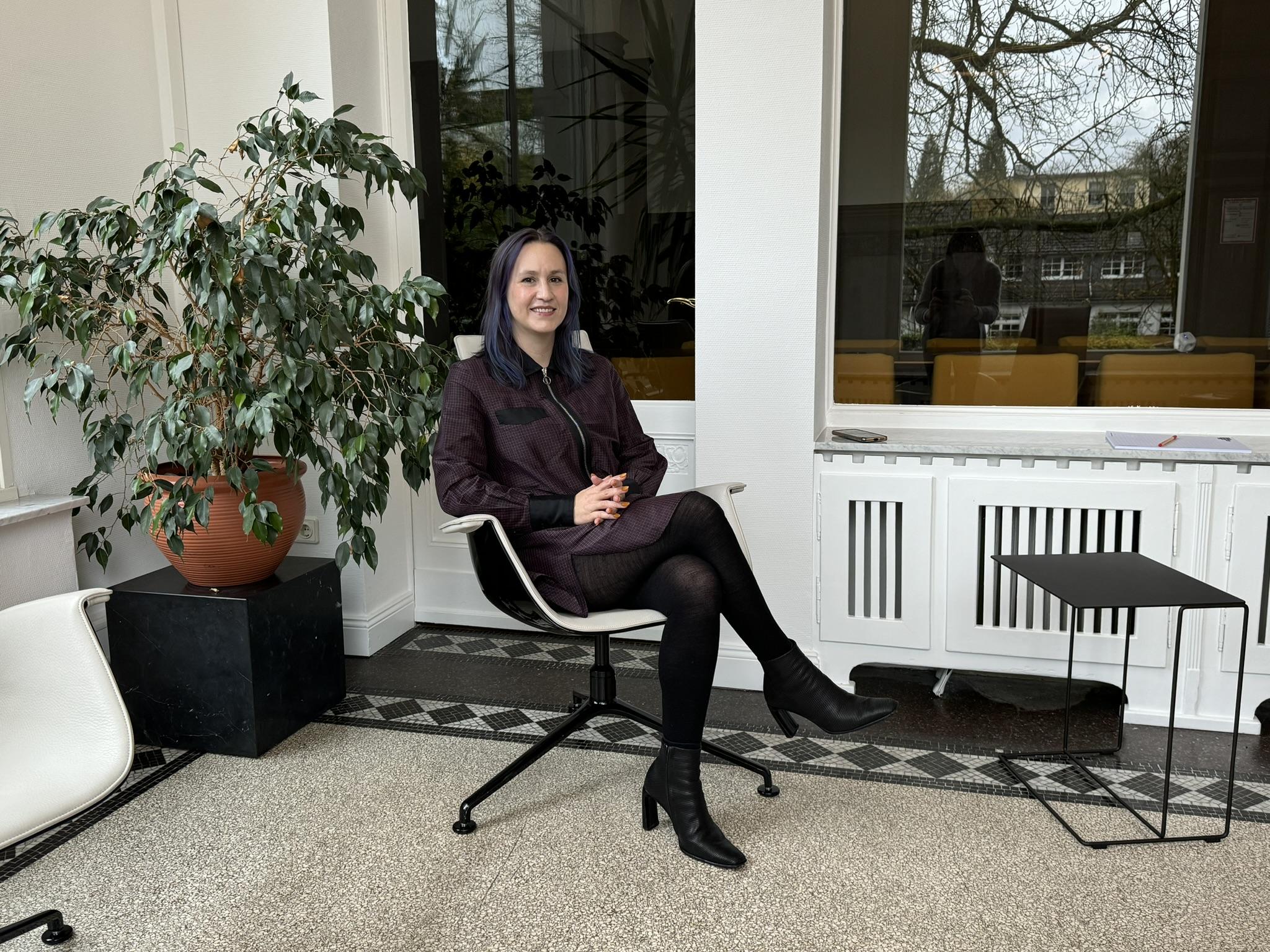
Exploring the Unknown: Dr. Chelsea Haramia on Planning for Post-Detection Scenarios
At AIA, Dr. Chelsea Haramia’s groundbreaking research focuses on preparing humanity for the profound moment when…
